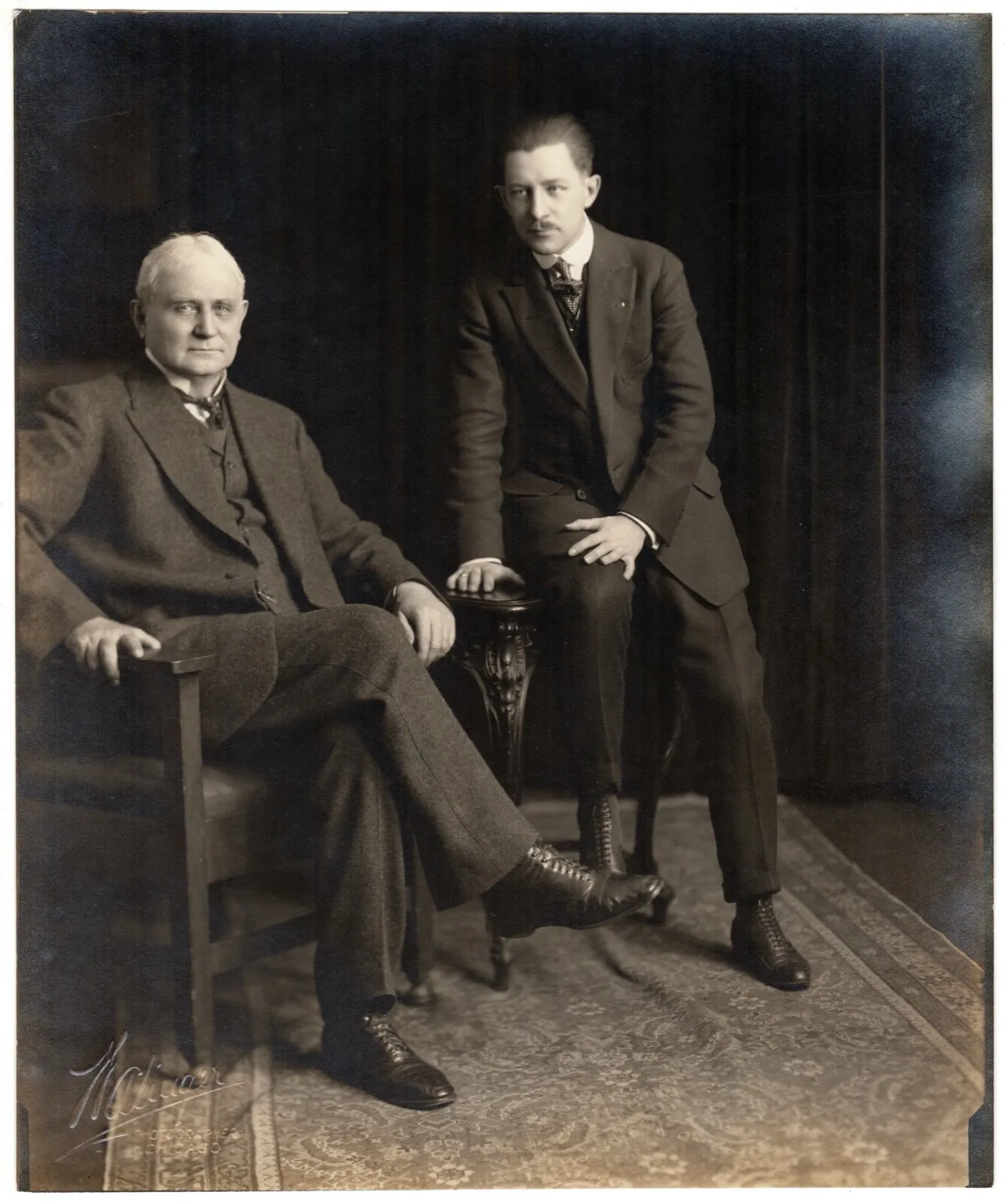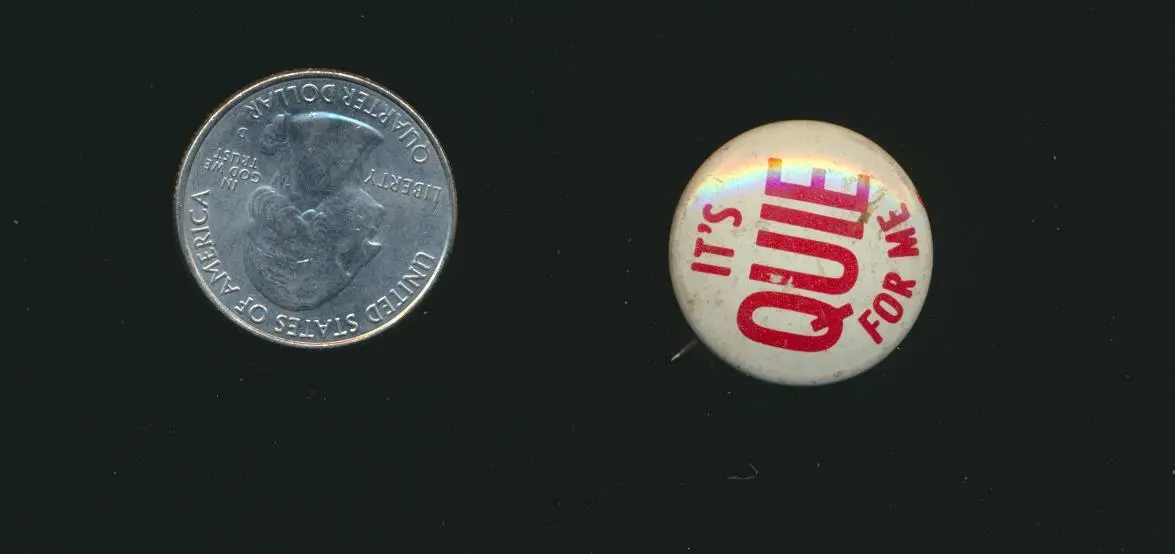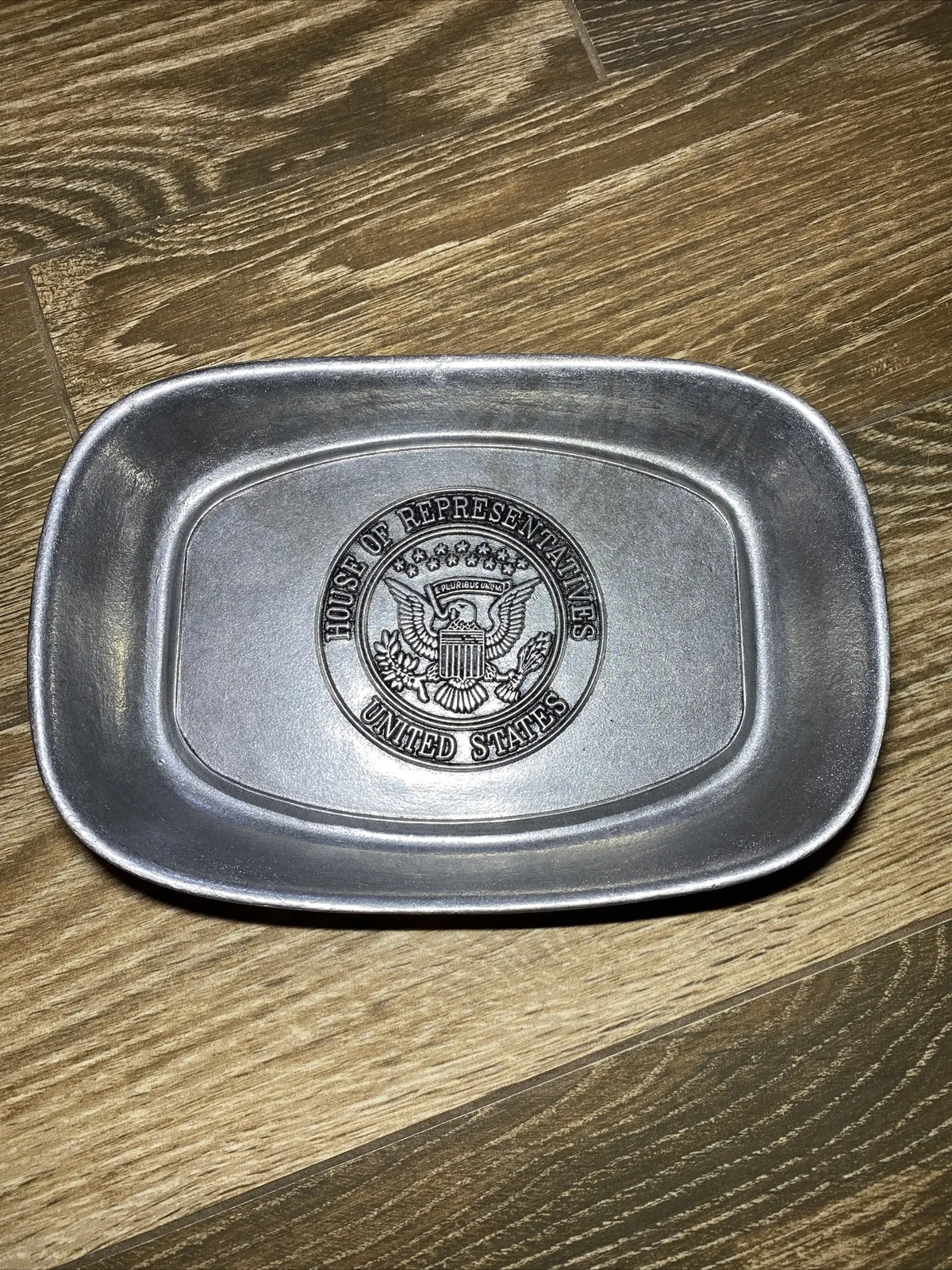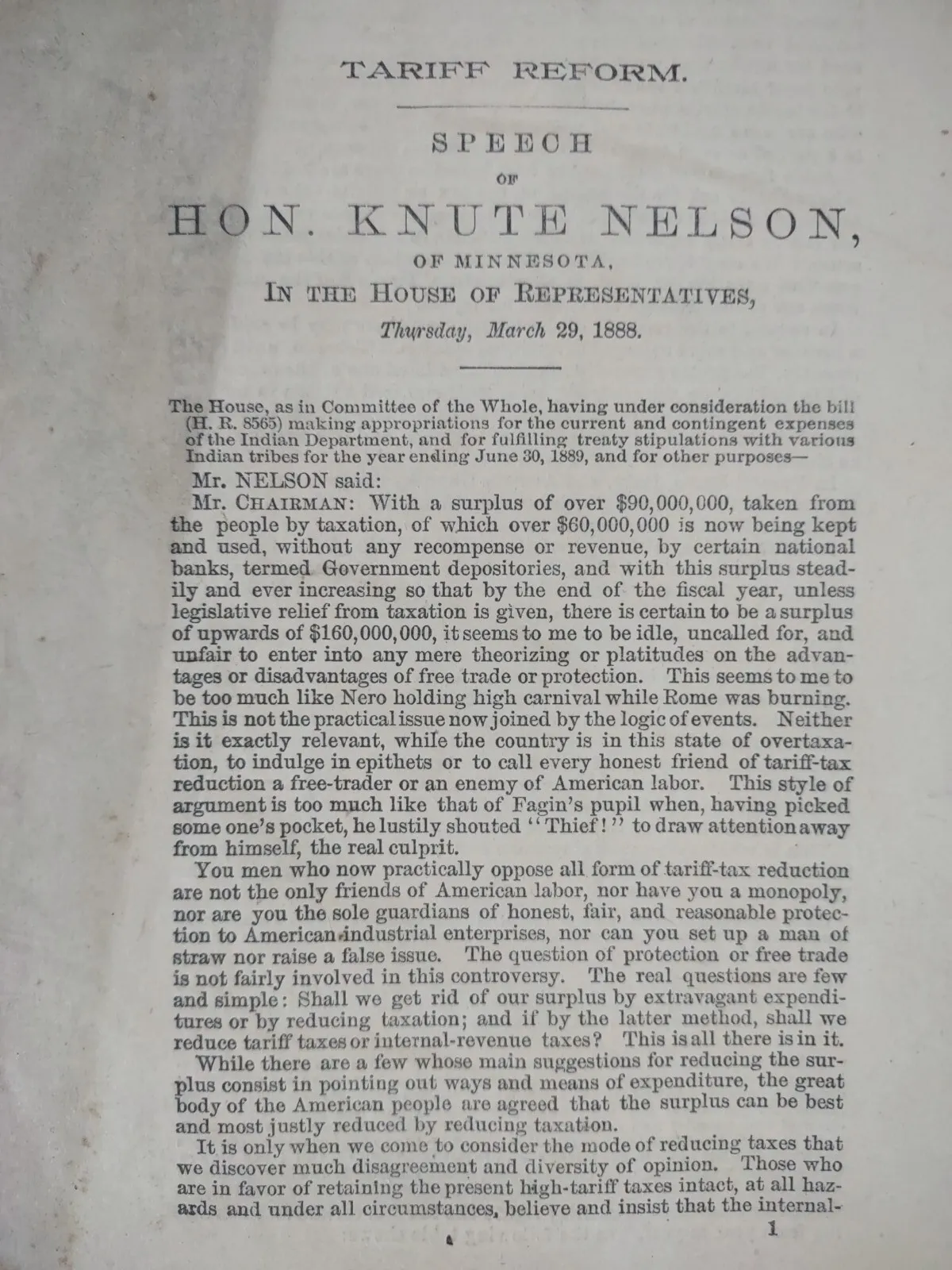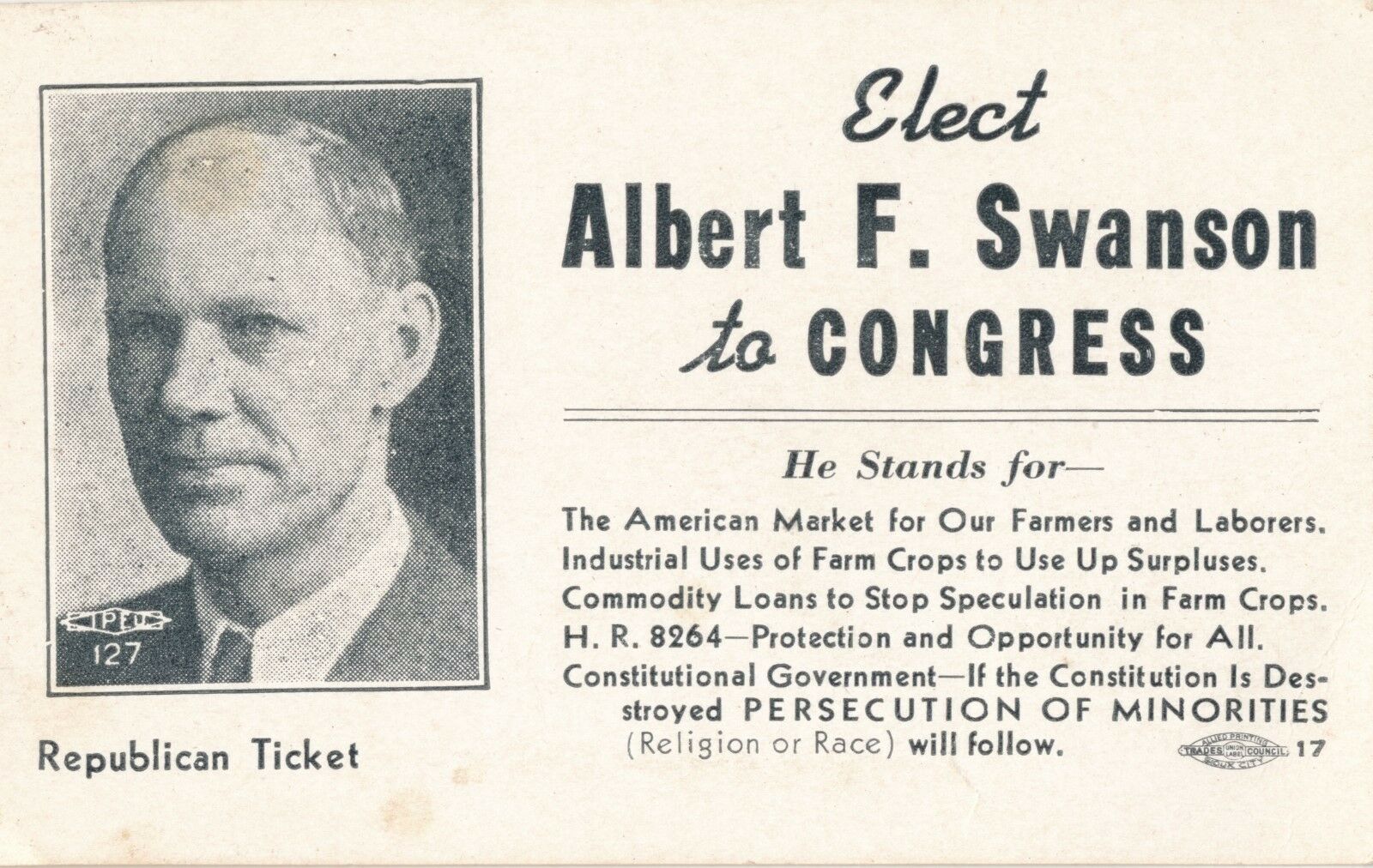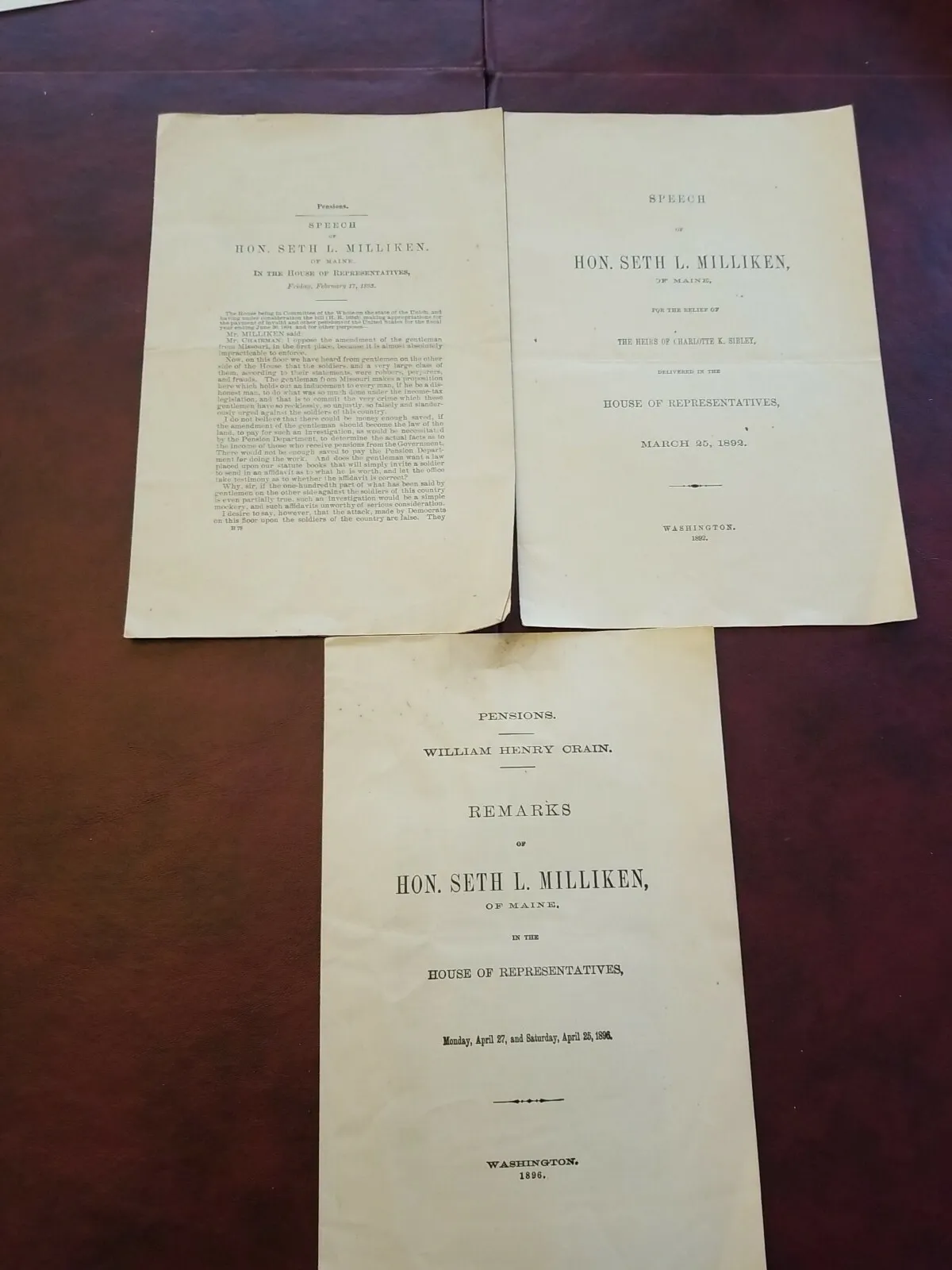-40%
*Democratic Speaker of the House of Representatives CHAMP CLARK & Shelby Chapman
$ 50.16
- Description
- Size Guide
Description
Vintage original 8x10 in. US double-weight matte photographof the
HONORABLE SPEAKER OF THE HOUSE OF REPRESENTATIVES, JAMES BEAUCHAMP CLARK
(AKA Champ Clark). Taken in December of 1914, the famous Democratic attorney-turned-politician is depicted in a posed interior photograph seated in a chair and is accompanied by Shelby Chapman (as per the vintage handwriting on the bottom of the verso). As indicated by the blind stamp in the lower left corner,
this photograph was taken by the Walinger studio of Chicago, IL
. ("Walinger - PHOTOGRAPHER - CHICAGO"). It is in very fine condition with light signs of silvering along the edges. There are no pinholes, tears, stains, creases, writing, or other flaws.
James Beauchamp Clark
(March 7, 1850 – March 2, 1921) was an American politician and attorney who represented Missouri in the United States House of Representatives and served as Speaker of the House from 1911 to 1919. Born in Kentucky, he established a law practice in Bowling Green, Missouri. He won election to the House in 1892, lost his seat in 1894, and won the seat back in 1896. He became the House Minority Leader in 1908 and was elevated to Speaker after Democrats took control of the House in the 1910 elections. He inadvertently helped defeat the Canadian–American Reciprocity Treaty of 1911 by arguing that ratification of the treaty would lead to the incorporation of Canada into the United States.
Entering the 1912 Democratic National Convention, Clark had won the backing of a majority of the delegates, but lacked the necessary two-thirds majority to win the presidential nomination. After dozens of ballots, Woodrow Wilson emerged as the Democratic presidential nominee, and went on to win the 1912 presidential election. Clark helped Wilson pass much of his progressive agenda but opposed U.S. entry into World War I. The 1920 House elections saw the defeat of numerous Democrats, including Clark. He died the following March, two days before he would have left office.
